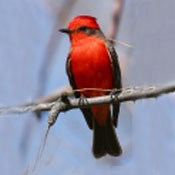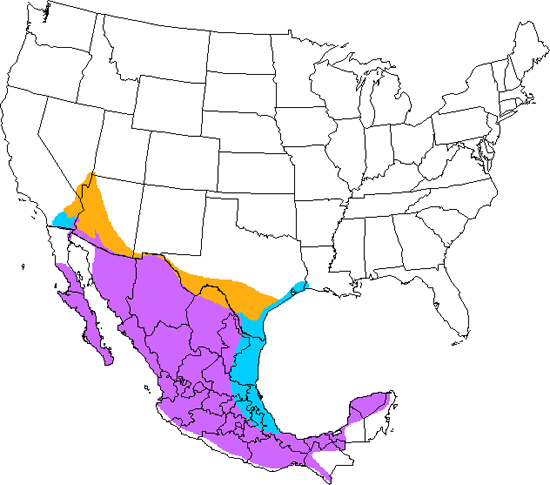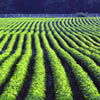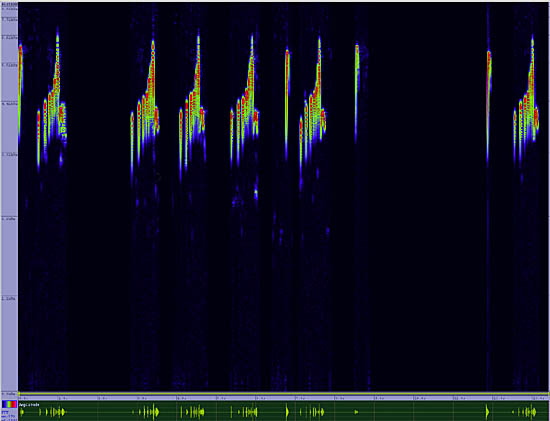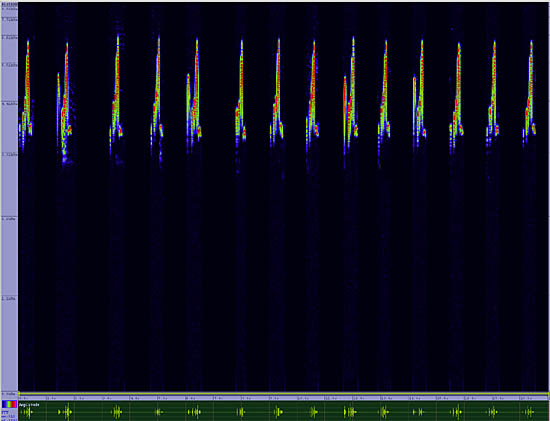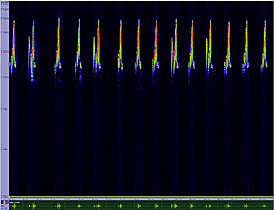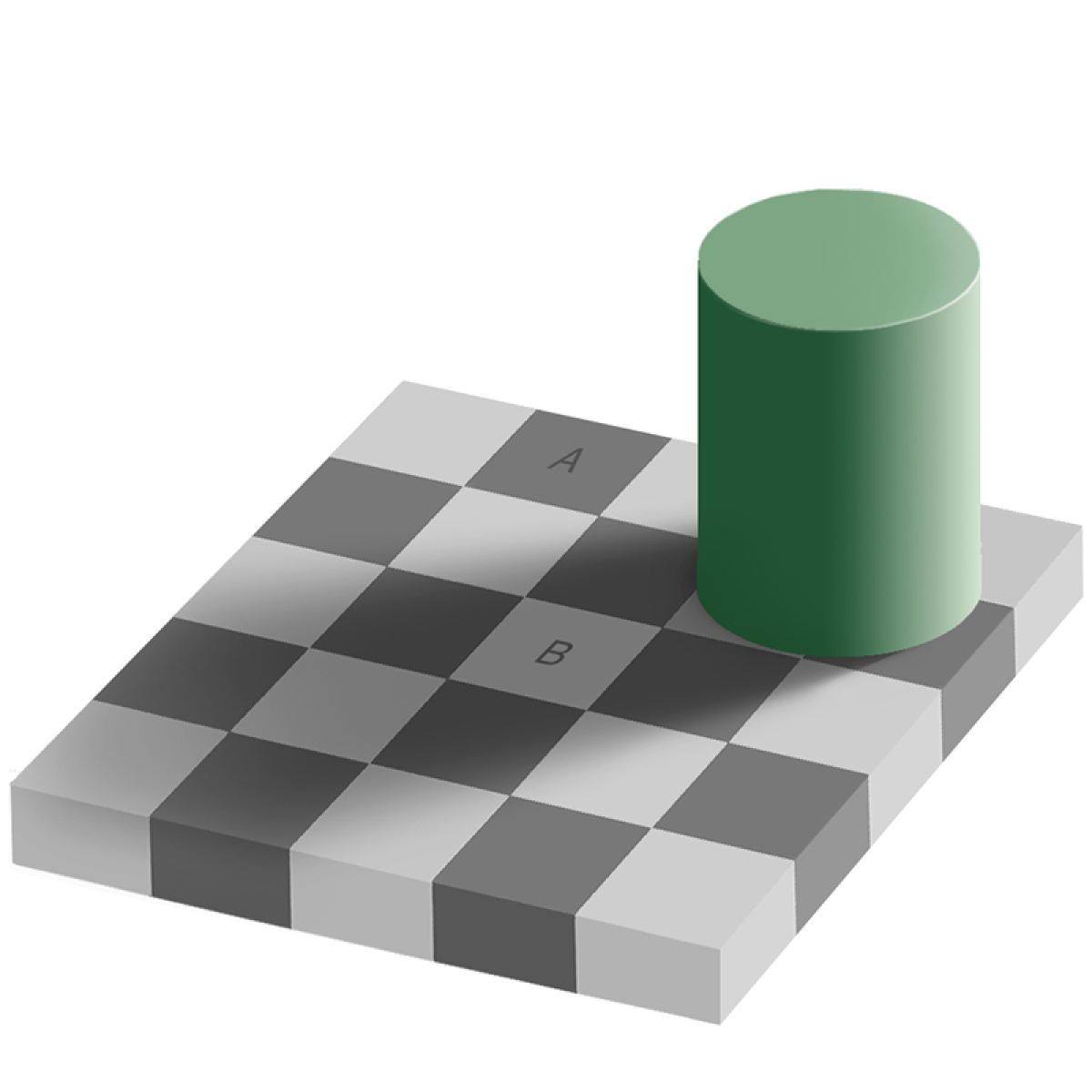Vermilion Flycatcher
Pyrocephalus rubinus

Perching
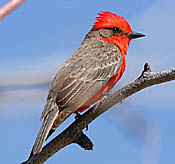
Length: 6 in. (15 cm )
Shockingly red, the male Vermilion Flycatcher perches conspicuously upright at the tops of small trees, bushes or wire fences, usually in riparian areas or along water courses. Both males and females catch flying insects in the air or from the ground. The male\s elaborate courtship song is given high above the territory as the male flutters in the air for several minutes. The flat nest is made of twigs and grass and placed in the fork of a branch in the middle of a dense bush or tree crown.'
The four-digit banding code is VEFL.
Bibliographic details:
- Article: Vermilion Flycatcher
- Author(s): Dr. Biology
- Publisher: Arizona State University School of Life Sciences Ask A Biologist
- Site name: ASU - Ask A Biologist
- Date published: 13 Jul, 2017
- Date accessed:
- Link: https://askabiologist.asu.edu/activities/bird/vermilion-flycatcher
APA Style
Dr. Biology. (Thu, 07/13/2017 - 15:38). Vermilion Flycatcher. ASU - Ask A Biologist. Retrieved from https://askabiologist.asu.edu/activities/bird/vermilion-flycatcher
Chicago Manual of Style
Dr. Biology. "Vermilion Flycatcher". ASU - Ask A Biologist. 13 Jul 2017. https://askabiologist.asu.edu/activities/bird/vermilion-flycatcher
Dr. Biology. "Vermilion Flycatcher". ASU - Ask A Biologist. 13 Jul 2017. ASU - Ask A Biologist, Web. https://askabiologist.asu.edu/activities/bird/vermilion-flycatcher
MLA 2017 Style
Be Part of
Ask A Biologist
By volunteering, or simply sending us feedback on the site. Scientists, teachers, writers, illustrators, and translators are all important to the program. If you are interested in helping with the website we have a Volunteers page to get the process started.


